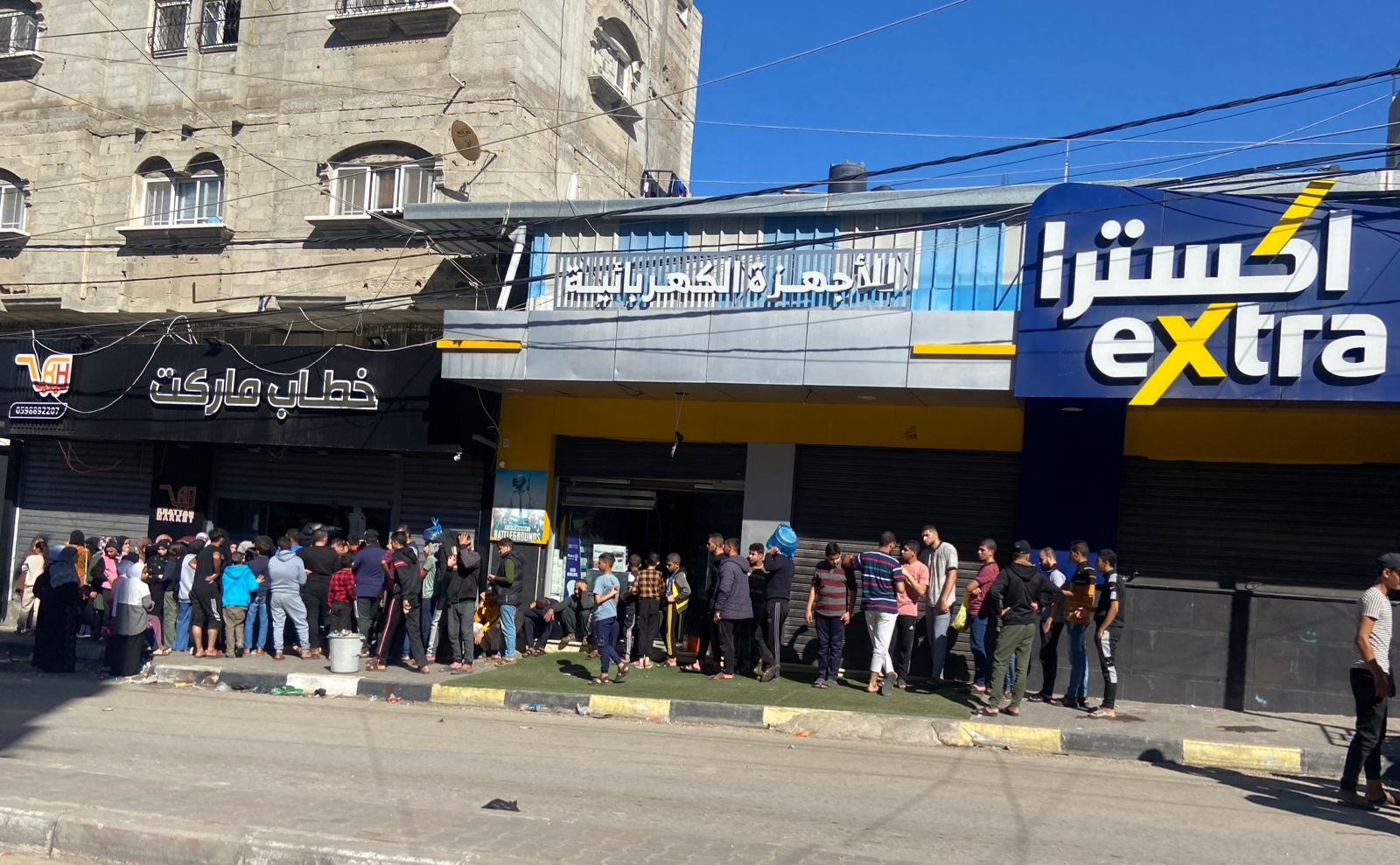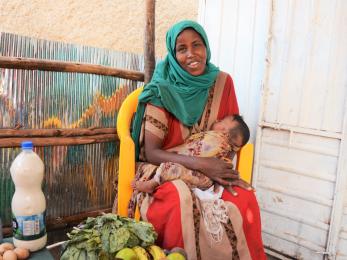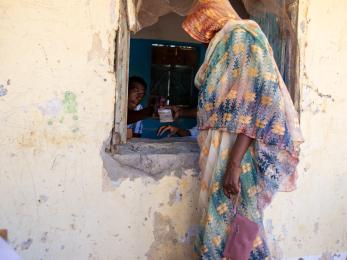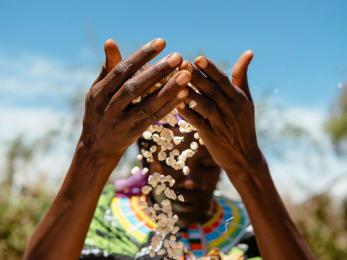Breadcrumb
Food security and nutrition
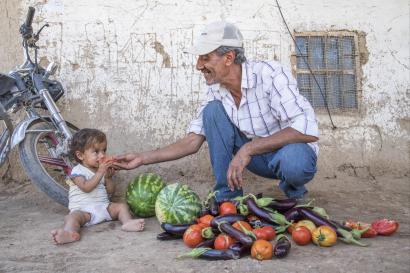
Global hunger is on the rise: 2022 was a year of unprecedented hunger. The number of those facing acute food insecurity has soared—from 135 million to 345 million—since 2019, while 49 million people in 49 countries could be at risk of starvation and famine-like conditions unless they receive immediate assistance.
Conflict, extreme weather, and economic shocks—including those from the COVID‑19 pandemic—continue to be the main drivers of food insecurity globally. Many of these events are interconnected, creating a cycle of unfavorable conditions.
The pandemic has disrupted food supply chains at the same time as millions of people have lost their jobs. High food prices coupled with reduced incomes mean that more families are eating less and worse quality food. These factors have dramatically exacerbated already worsening trends in global hunger.
Food insecurity, and the malnutrition that often comes with it, causes poor physical and cognitive development, increases vulnerability to disease, limits productivity, and impedes economic development. A lack of nutritious food wreaks havoc on families and communities, causing a lifetime of challenges.
-
3.7m
-
270m
-
30%
We work with communities, local organisations, and authorities to identify the root causes of food insecurity and malnutrition. We use this knowledge to develop comprehensive and inclusive programming aimed at improving nutrition and achieving food security.
We don’t just improve people’s access to nutritious food—we also address the underlying issues that keep people from accessing it and making healthy use of it in the first place. When we include food security and nutrition as part of our programming, whether it’s dealing with conflict, climate change, or another issue, we strengthen the foundation of well-being upon which people can build secure, productive, and just communities.
For more technical details on our food security and nutrition programmes, please download our approach document.
